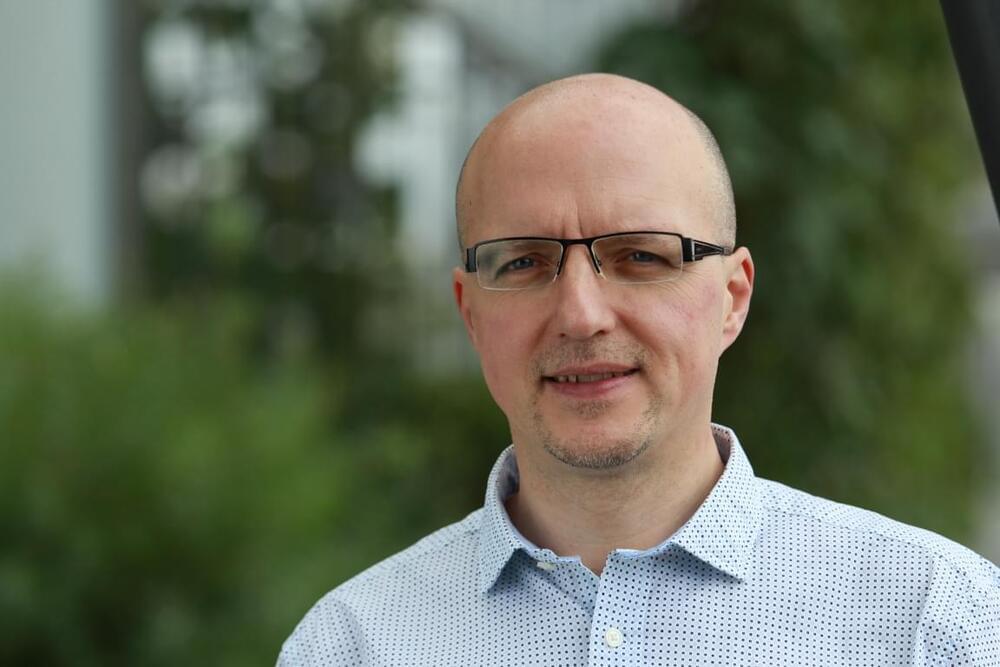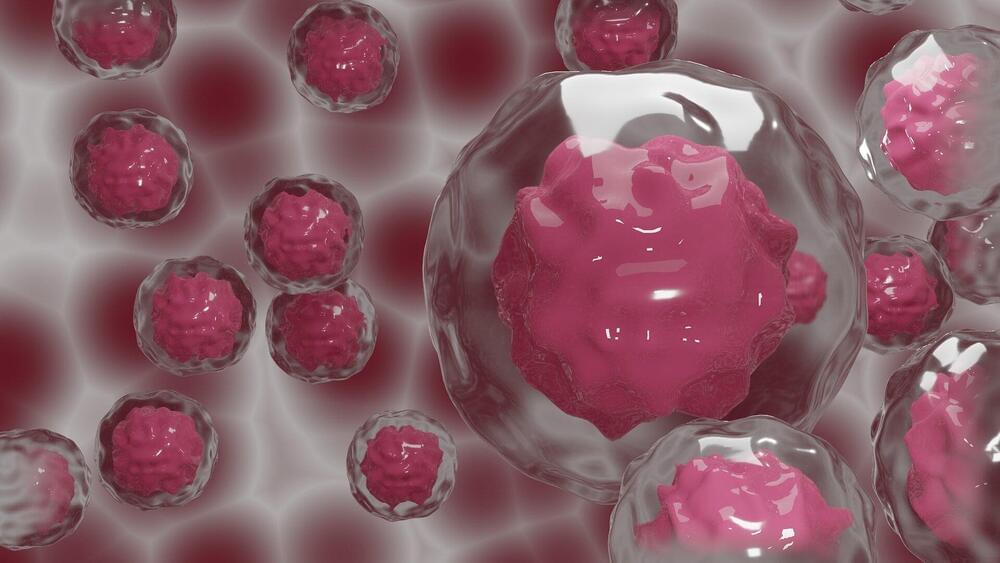The last few years have exceeded all expectations in terms of investment activity in longevity, but much more is needed to push the field forward. With more than 40 investments in the longevity field over the past three years, LongevityTech.fund is one of the world’s most active longevity investment funds. The fund’s wide-ranging investment portfolio includes companies like BrainKey, Gerostate Alpha and Occuity.
LongevityTech.fund is now accepting new investors for its second fund, with a target fund size of $50 million up to a maximum of $100 million USD.
Longevity. Technology: LongevityTech.fund has built an impressive company portfolio that has seen no failures to date, with one IPO (longevity biotech Genflow Biosciences) and one company (longevity risk management firm Vesttoo) recently becoming the fund’s first unicorn (valued at more than $1 billion). To learn more about his views on the longevity market, we spoke to serial entrepreneur and investor Petr Sramek, LongevityTech.fund’s co-founder and managing partner.









